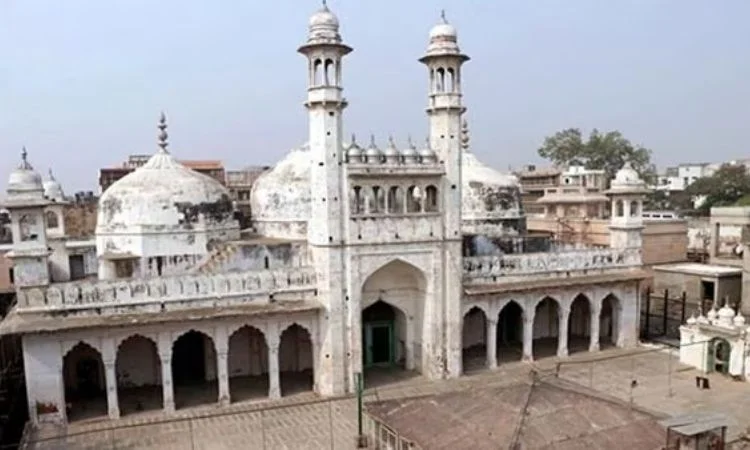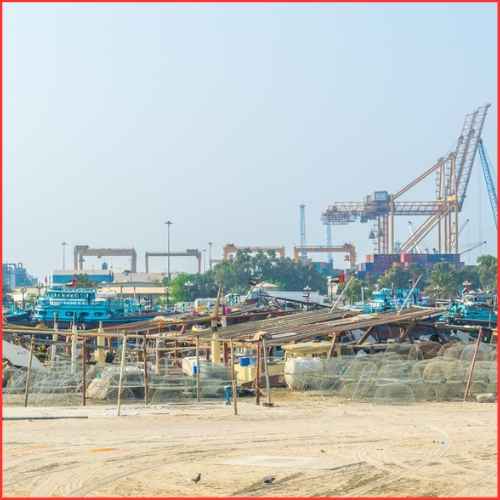The Gyanvapi mosque report has been presented to the Varanasi district court by the Archaeological Survey of India (ASI).

On Monday, the district court in Varanasi received a sealed report on the Gyanvapi mosque from the Archaeological Survey of India (ASI). The deadline for submitting the Gyanvapi Mosque report has been extended by the Varanasi court six times now. The archaeological body was already awarded an extension by the district court to produce a report on the scientific survey of the Gyanvapi mosque complex. The date of the upcoming hearing in the Gyanvapi mosque is December 21.
“The ASI’s standing counsel Amit Srivastava placed the report in a sealed cover before the court,” stated advocate Madan Mohan Yadav, who is representing the Hindu petitioners.
Rahul Mishra, AC SI Additional Standing Counsel, stated that the Varanasi court will issue its ruling on December 21 following the submission of the survey report for the Gyanvapi mosque. “All sides were heard by the court. He stated that a thorough order would be issued by the court on December 21.
The submission of the Gyanvapi mosque report by the ASI under a sealed cover, according to the Hindu side, is a violation of the Supreme Court ruling. Vishnu Shankar Jain, an advocate supporting the Hindu side in the Gyanvapi survey dispute, stated that the ASI had broken the Supreme Court’s ruling and that the report could not be filed in a sealed cover. A copy of the ASI report should be made available to the public, as per our petition that was submitted to the court. This matter will be discussed during the hearing on December 21.
We have filed an application with the district court requesting that we receive a copy of the report and that there not be a gag order preventing media outlets from discussing it. You are not permitted to post this report.”We’ll file an appeal with the Supreme Court if the District Court does not issue an order that complies with the law,” he declared.
In response to court orders, the ASI began a survey on August 4 in the barricaded area of the Gyanvapi mosque grounds, excluding its sealed section, the ‘wuzukhana’ area. The survey’s goal was to determine whether the 17th-century mosque was allegedly constructed over an earlier Hindu temple structure.















